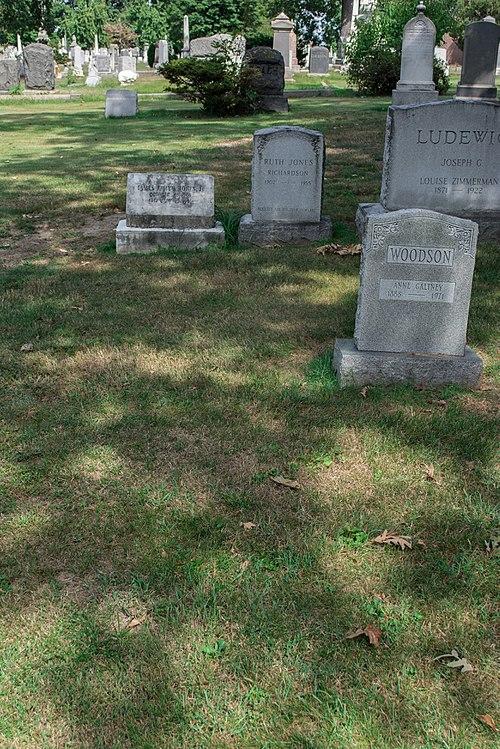
d: 1883
Frederic De Frouville
Summary
Name:
Years Active:
1883Status:
DeceasedClass:
MurdererVictims:
1Method:
ShootingDeath:
April 04, 1883Nationality:
USA
d: 1883
Frederic De Frouville
Summary: Murderer
Name:
Frederic De FrouvilleStatus:
DeceasedVictims:
1Method:
ShootingNationality:
USADeath:
April 04, 1883Years Active:
1883bio
Frederic De Frouville was born around 1850 in Virginia, United States, into a family of mixed American and French heritage. His father, also named Frederick De Frouville, was a French national who emigrated to America in the 1840s and became a U.S. citizen in 1848. His mother, Orsena Bestor, came from Harpers Ferry, West Virginia, and his extended family included Aaron Van Camp, a Confederate spy during the American Civil War. Frederic grew up in a household connected to influential and controversial figures, but despite these connections, his personal and professional life was marked by instability.
De Frouville’s early adult years included a series of federal government jobs. He initially worked at the U.S. Custom House in New Orleans and later returned to Washington, D.C., where he was employed by the Signal Corps. However, his career was repeatedly derailed by heavy drinking — described at the time as “dissipation” — leading to his dismissal from multiple positions, including the Signal Corps and the Coastal Survey (the precursor to the modern U.S. Coast Guard). Alcohol abuse would remain a defining and destructive force in his life.
On September 12, 1877, De Frouville married Andrea Marie Wolstrup, a Danish immigrant and skilled linguist who had moved to the United States in 1871. Andrea was highly regarded in Washington’s civil service circles and initially worked as a translator in the Dead Letter Office of the U.S. Post Office Department. Despite warnings from friends about Frederic’s reckless behavior, she married him and continued working under her maiden name after marriage. The couple suffered the loss of their only child shortly after birth, which deepened the strain on their marriage. Over the years, Frederic’s drinking escalated, and he became increasingly abusive and violent toward Andrea.
By 1879, Andrea had already sought legal counsel about a potential separation due to ongoing abuse. In November 1882, she formally separated from her husband and filed for divorce. By this time, she had secured a new government position as a translator in the U.S. Department of Agriculture, aided by a recommendation from Senator Benjamin Harvey Hill of Georgia. Despite the legal separation, Frederic’s threatening behavior continued, and friends repeatedly warned Andrea that her life was in danger. Her attorney even urged her to have him arrested, but she declined to take further action.
murder story
The volatile relationship between Frederic and Andrea De Frouville ended in tragedy on April 4, 1883, in Washington, D.C. At the time, Andrea was living apart from her estranged husband and had rebuilt much of her life. On the day of the crime, she was tutoring 18‑year‑old George W. Buckingham in German at her residence. During the lesson, Frederic entered the home uninvited and armed with a revolver. Realizing the danger, Andrea told Buckingham to get the police, and the young man fled through the back door to seek help.
Moments later, Frederic confronted Andrea in a rage. He shot her in the head at close range, killing her instantly. Immediately after murdering his wife, Frederic turned the gun on himself and committed suicide before Buckingham could return with the authorities. The murder-suicide was swift, brutal, and deeply shocking to the Washington community.

An inquest confirmed that Andrea had been attempting to rebuild her life after years of domestic abuse and had been warned of credible threats against her. Despite these warnings, no legal intervention occurred before the fatal encounter. Andrea was buried in Congressional Cemetery, while Frederic was interred separately in Glenwood Cemetery, symbolizing their final and irreversible separation.